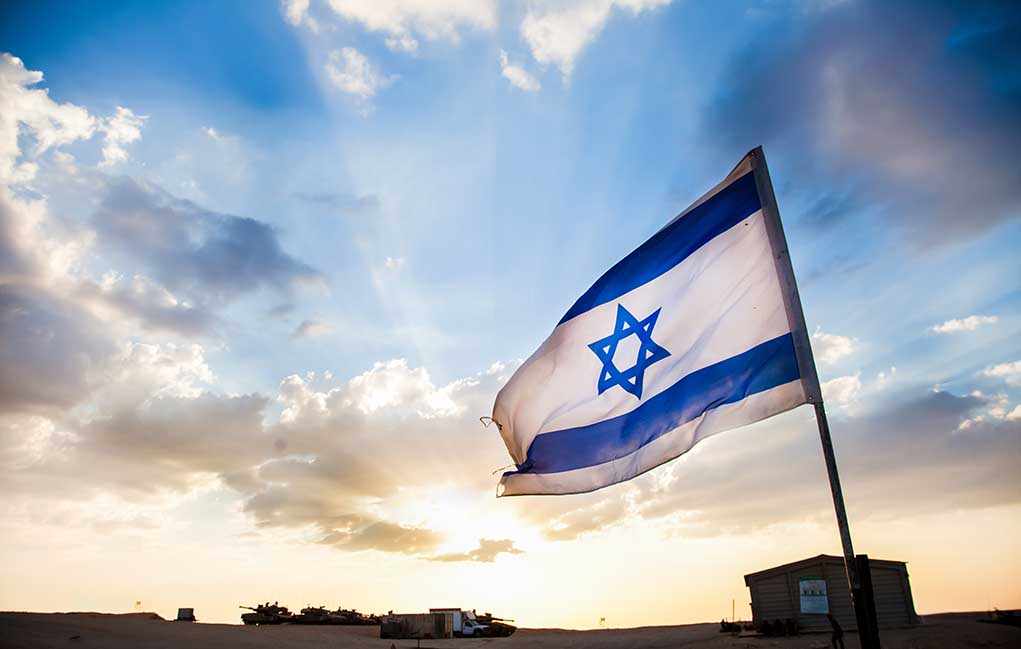
A controversial newspaper distribution at Columbia University sparks outrage, questioning the justification of past violence.
Story Snapshot
- The “Columbia Intifada” newspaper was distributed on the anniversary of the Hamas attacks.
- Protesters’ actions are seen as an attempt to justify the 2023 attacks.
- Ongoing lawsuits claim pro-Palestinian groups had prior knowledge of the attacks.
- Campus safety and academic freedom are at the center of the debate.
Pro-Palestinian Protests at Columbia University
On October 7, 2025, pro-Palestinian protesters at Columbia University distributed the “Columbia Intifada” newspaper during a demonstration, marking the second anniversary of the Hamas attacks on Israel. This action has stirred significant controversy, with many interpreting it as an attempt to justify or commemorate the original attacks that resulted in approximately 1,200 deaths in Israel.
The distribution of the publication has brought to light ongoing tensions on campus, particularly regarding the balance between free speech and academic freedom versus campus safety and inclusion. The use of the term “Intifada” has been especially provocative, given its historical association with Palestinian uprisings against Israeli occupation.
Legal Allegations and Campus Reactions
In March 2025, a lawsuit was filed alleging that pro-Palestinian organizations at Columbia University, such as Students for Justice in Palestine (SJP), not only supported Hamas from the U.S. but also had prior knowledge of the October 7, 2023 massacre. The lawsuit claims that these groups acted as Hamas’s “propaganda arm” and facilitated support for their operations.
The lawsuit has intensified scrutiny over the university’s handling of Middle Eastern-related activism and the potential legal ramifications for student organizations. These allegations have raised questions about whether Columbia’s policies inadvertently enable activities that could be construed as supporting terrorism.
Impact on University Policy and Student Safety
Columbia University has been forced to navigate the complex landscape of student activism, safety, and policy reform. Since October 12, 2023, the university has maintained various levels of restricted campus access, requiring identification for entry during heightened tensions. The administration has faced criticism from both sides—those who believe the response has been too permissive and those who argue it has been too restrictive.
The ongoing debate about academic freedom versus campus safety continues to polarize the university community. Jewish students report feeling targeted and unsafe, while Palestinian and Muslim students claim their perspectives are marginalized. The university’s response to these events will likely influence how similar situations are managed across the nation.
The protests have underscored the broader polarization of American discourse on Israel-Palestine issues. As Columbia grapples with these challenges, the implications for university governance, policy, and national discourse remain significant.
Sources:
The Sundial Report: The 2023-2024 Protests at Columbia University
Columbia Responds to a Post-October 7 World
Fighting for Palestine Despite Columbia’s Crackdown











